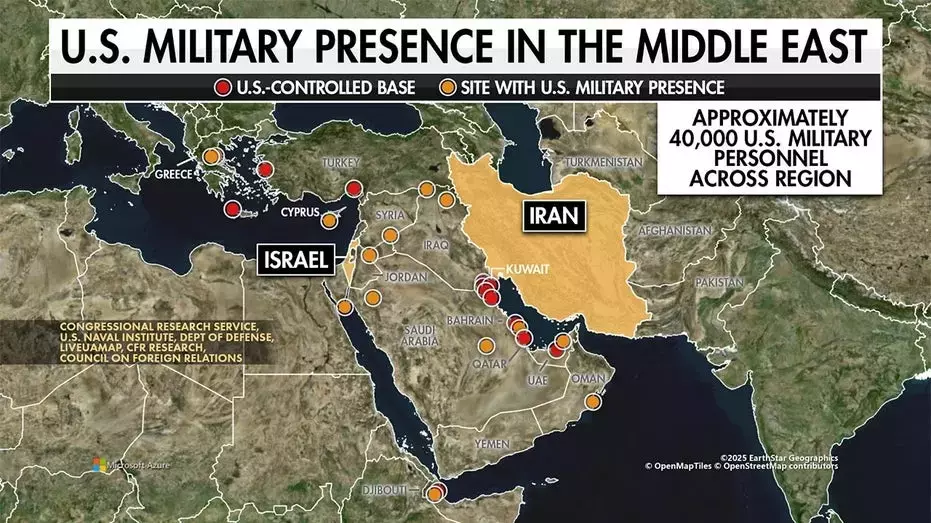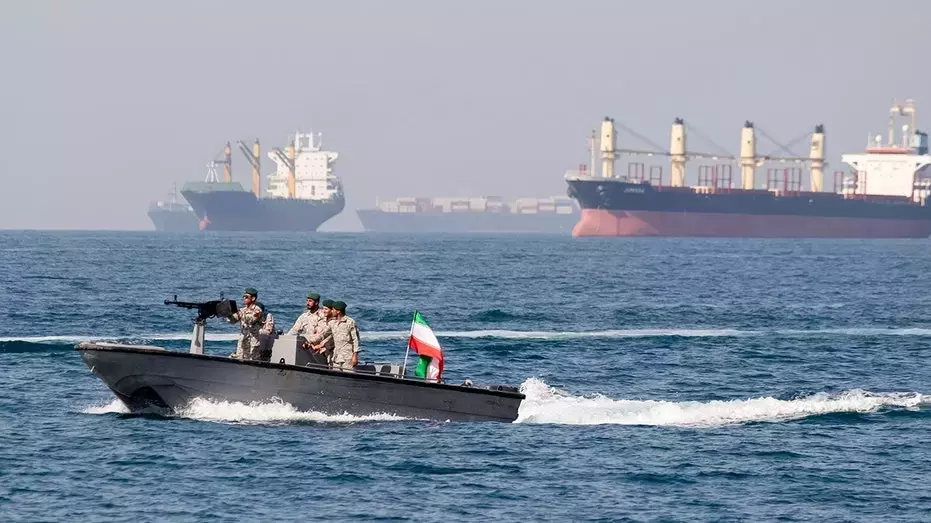




The recent escalation between the U.S. and Iran has raised concerns over potential disruptions in global oil flow, particularly through the Strait of Hormuz. However, experts suggest that any resulting surge in fuel costs would likely be short-lived. Patrick De Haan, a leading petroleum analyst at GasBuddy, explained that while an interruption in this crucial shipping route could momentarily push oil prices past $80 per barrel, such a shift wouldn’t last long. His assessment was made prior to Iran’s response involving missile strikes against a U.S. military base in Qatar, which were successfully intercepted without reported injuries.
The Strait of Hormuz, a narrow waterway connecting the Persian Gulf to the Arabian Sea, plays a vital role in global energy trade, with nearly one-fifth of the world's crude oil passing through it. Despite international legal frameworks governing its use, Iran's military presence in the area gives them the strategic capability to hinder passage if desired. Yet, analysts warn that such an action would not only disrupt global markets but also severely damage Iran's own economy. This point was echoed by Vice President JD Vance, who noted that blocking the strait could have catastrophic financial consequences for the country itself.
Despite rising tensions and initial market fluctuations, oil prices remain significantly lower than previous peaks, reflecting broader production trends and economic conditions. While political uncertainty can cause temporary price shifts, experts like De Haan emphasize that lasting changes are unlikely unless prolonged conflict directly impacts oil infrastructure or supply chains. In times of geopolitical unrest, maintaining stable energy markets becomes a shared global interest, highlighting the importance of diplomacy and measured responses in preventing unnecessary economic strain.
